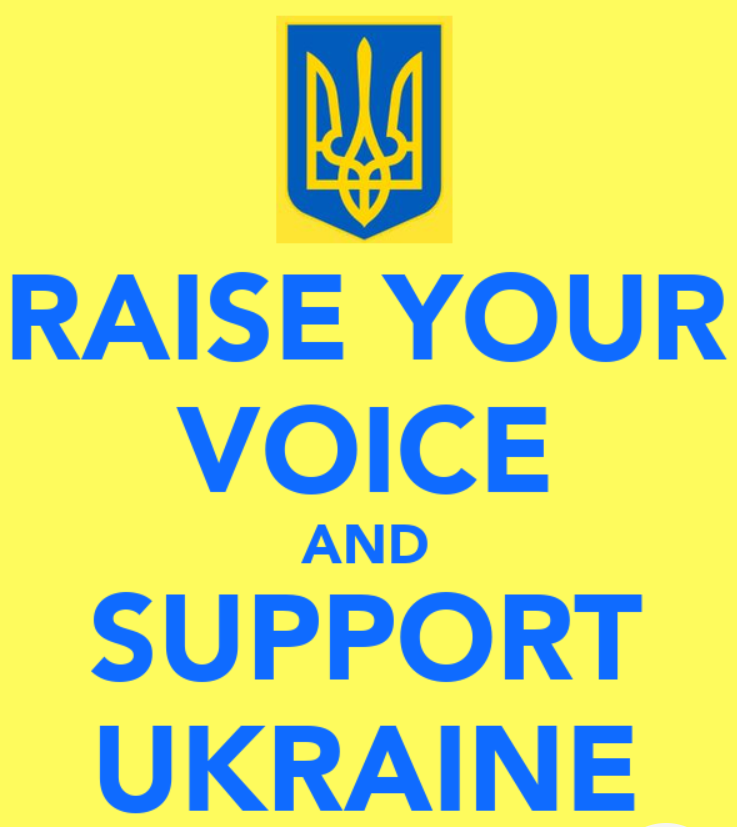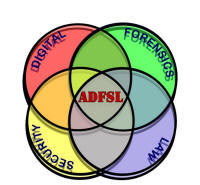Topics
The Journal of Digital Forensics, Security and Law published its first issue in the 1st quarter of 2006 and is now calling for papers in, or related to, the following areas for Volume 11 (2016). This list is provided as a means to guide authors, however, we are open to accept other topics that relate to cyber security and forensics.
|
|
|
Submission Requirements
All manuscripts should be word-processed (letter or correspondence-quality font) and should be submitted in DOC, DOCX, or LaTex. Submissions have to be made through the JDFSL Submission System located at http://commons.erau.edu/jdfsl
To ensure a blinded review process, the following information should be excluded from the submission:
- Authors Names section
- Biography section
- Acknowledgments section (if it contains information identifying the authors).
- If an article is accepted, author(s) must provide a version in either Microsoft Word or LaTeX with graphics (figures) in GIF, TIF, or PowerPoint formats. Permissions for reprinted material are the sole responsibility of the author(s) and must be obtained in writing prior to publication.
JDFSL Submission Evaluation Criteria
Manuscripts submitted are expected to be:
- new and original,
- well organized and clearly written,
- of interest to the academic and research communities,
- not published previously, and
- not under consideration for publication in any other journal or book
NOTE:
Articles published in or under consideration for other journals should not be submitted.
- Significantly enhanced versions of manuscripts previously published may be considered. Authors need to seek permission from the publishers of such previous publications.
- Papers awaiting presentation or already presented at conferences must be significantly enhanced (ideally, taking advantage of feedback received at the conference) in order to receive consideration. If the paper has been presented previously at a conference or other professional meeting, this fact, the date, and the sponsoring organization should be listed in a footnote on the first page.
- Funding sources should be acknowledged in the Acknowledgements section.
If you have questions, please contact the editor of the JDFSL who may be reached via email at This email address is being protected from spambots. You need JavaScript enabled to view it..
Copyright Transfer and Agreement
The copyright of all material published in JDFSL is held by the Association of Digital Forensics, Security and Law (ADFSL).
The JDFSL is committed to the academic and practitioner communities in ensuring the ethics and integrity in the publication and quality of articles appearing in the JDFSL. Plagiarism is strictly condemned and papers found to be plagiarized will be removed or not published in the JDFSL. While signing the copyright transfer and agreement the author(s) have to warrant that the article and associated materials are original and does not infringe the copyright of anyone. Also the authors have to warrant that there was a full consensus of all the authors that the paper was neither submitted nor published previously.
The author must complete and return the copyright transfer and agreement before publication. Click here to download the copyright transfer form.
Creative Commons License

This work is licensed under a Creative Commons Attribution 4.0 International License.
Formatting Guidelines
PLEASE NOTE: For the initial submission to JDFSL, we accept the paper for review as long as the paper is double-blinded, and in PDF format. IF THE AUTHOR NAMES ARE NOT REMOVED, THE SUBMITTED PAPER WILL NOT BE REVIEWED AND THE AUTHORS WILL BE ASKED TO RESUBMIT THE PAPER.
Accepted papers will need to be submitted in either Word or LaTex format using the JDFSL templates.
JDFSL Templates
Word Docx
For those wishing to use a Word Docx template, a Word Docx template is available now by downloading the following:
MS Word Template
LaTeX
For those wishing to use LaTeX, a LaTeX template is available now by downloading the following:
LaTeX Template
Fees
We do not charge authors publication fees or article processing fees.





